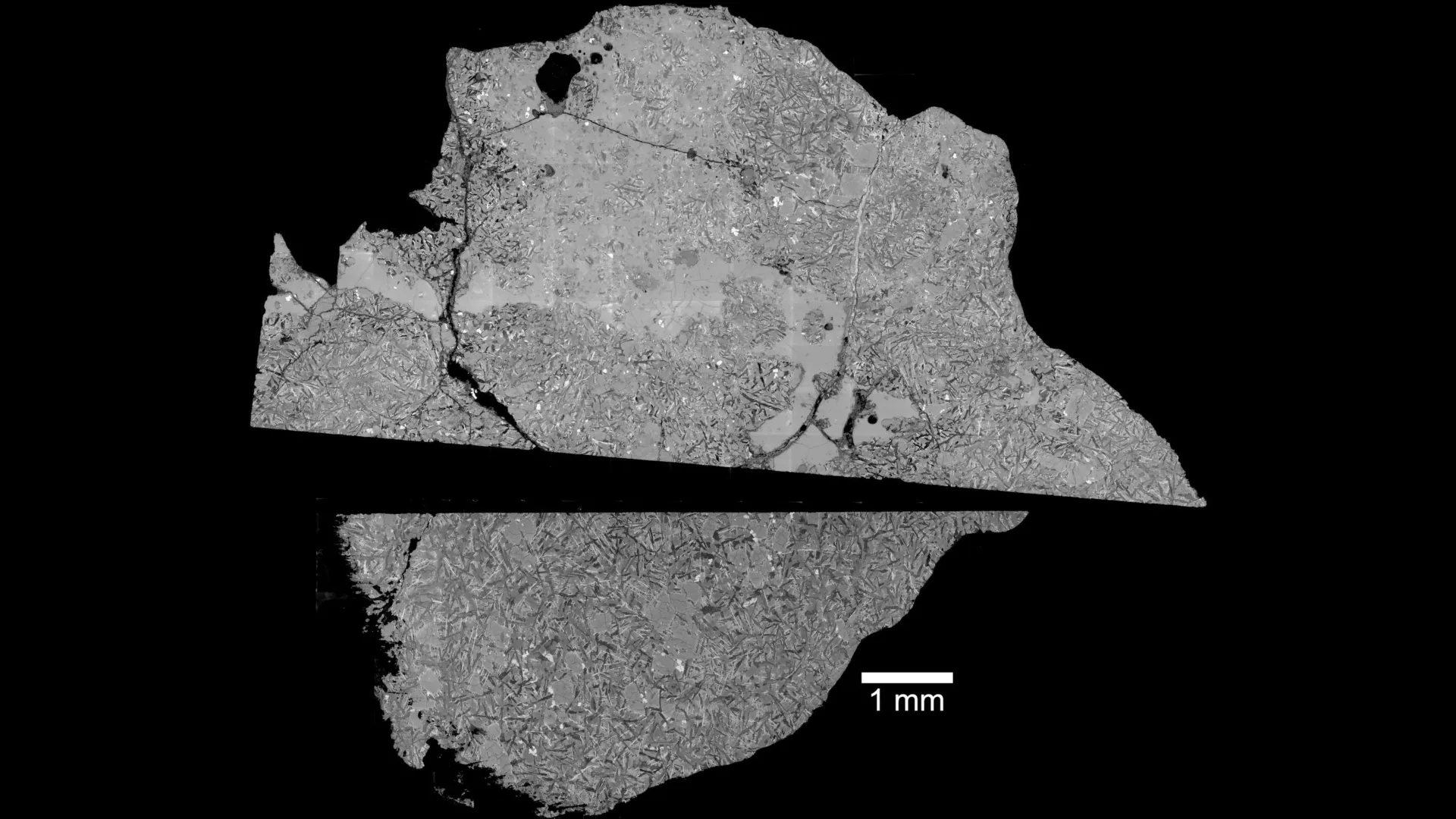Now Reading: Scientists Uncover Stars Fueled by Dark Matter, Defying Limits
-
01
Scientists Uncover Stars Fueled by Dark Matter, Defying Limits
Scientists Uncover Stars Fueled by Dark Matter, Defying Limits

Quick Summary
- UK-US researchers propose a new type of cosmic object called ‘dark dwarfs,’ powered by dark matter.
- These objects may form from brown dwarfs, which are small failed stars unable to sustain nuclear fusion.
- Dark matter particles may get trapped inside these stars and collide, producing energy to keep them glowing indefinitely.
- The existence of dark dwarfs depends on dark matter comprising WIMPs (Weakly Interacting Massive Particles).
- Dark dwarfs could be identified by their lithium content, specifically lithium-7, which is usually burned up in normal stars.
- Telescopes like the James Webb Space Telescope might already be capable of detecting these objects near the galactic center.
- Researchers consider finding just one dark dwarf a major breakthrough in understanding the nature of dark matter.
Indian Opinion Analysis
The proposed discovery of “dark dwarfs” driven by dark matter touches upon fundamental questions about the universe’s composition and energy distribution mechanisms. While this research does not have direct or immediate implications for India, its significance lies in advancing scientific understanding globally, including within India’s astronomy community actively involved in studying space phenomena thru institutions like ISRO and IUCAA.
India’s scientific ecosystem can benefit by contributing expertise or collaborating with global efforts aimed at confirming this groundbreaking theory using advanced telescopes or statistical methods-a prospect offering potential to sharpen its competitive edge as a player in astrophysics research over time.
Given India’s increasing engagement with space exploration missions such as Chandrayaan and aditya-L1 for solar studies, discoveries like these reinforce the need for building cutting-edge observational infrastructure that could participate more deeply in probing celestial mysteries tied to phenomena like dark matter.
























